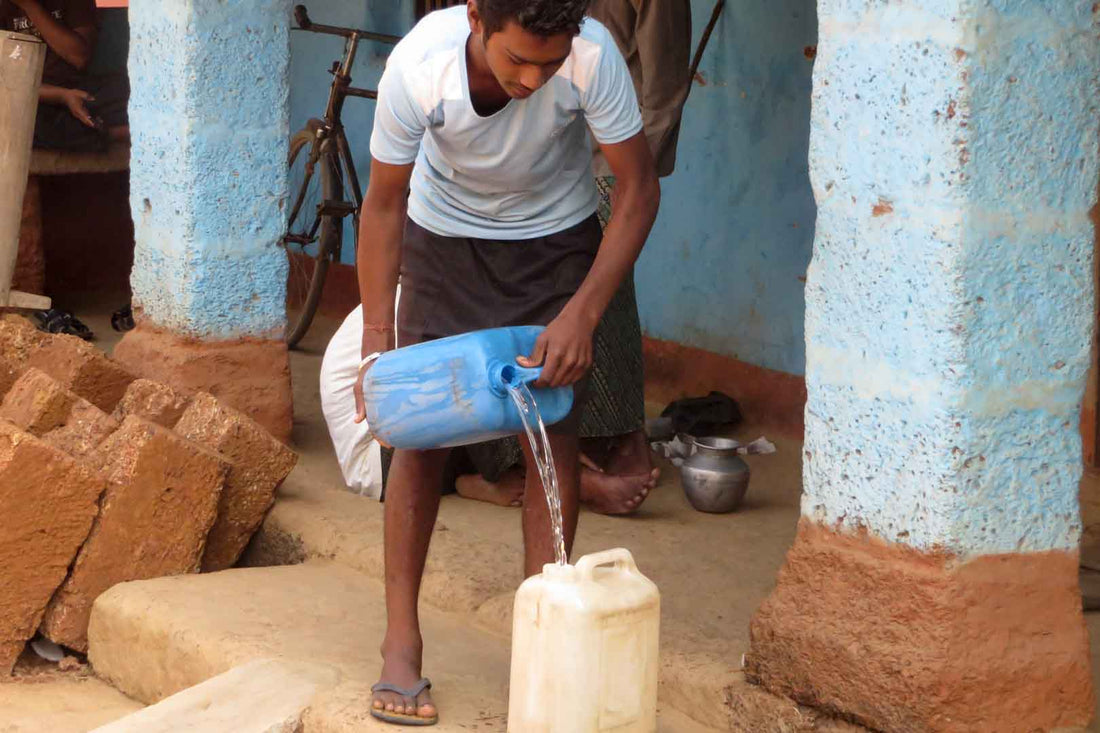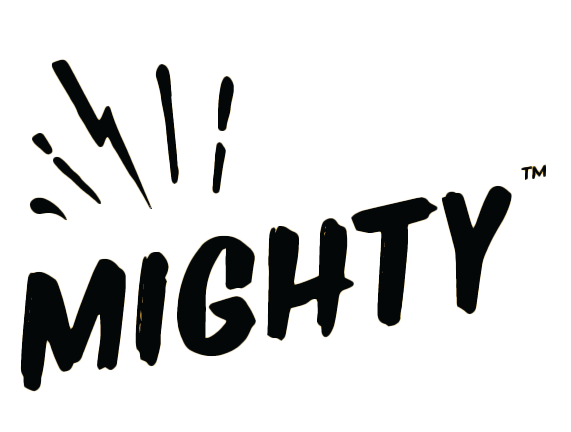
MIGHTY Climate Action Projects - Clean Drinking Water, Odisha, India
In India, more than two million children die from cholera or typhoid fever each year. Such diseases are spread mainly through drinking water. But only 32 percent of households in India have access to treated water. Many of them have to make do with boiling their water over an open fire. In turn, the smoke resulting from this causes diseases in the respiratory tract or eye infections. Due to the high consumption of firewood, the region is increasingly being deforested.
A simple and affordable supply of safe drinking water can do a lot here. That is why this project organises the chemical treatment of water using chlorine. The chloride solution is made on site, and the water is conveniently available in small village shops or delivered to people's homes.
How does technology for clean drinking water help fight global warming?
Contribution to the UN Sustainable Development Goals (SDGs)
No Poverty
Since drinking water is very cheap, poor families can afford it and save money compared to cooking with wood.
Good Health and Well-Being
The project helps reduce diseases related to unsafe drinking water and air pollution from boiling the water over an open fire.
Quality Education
Information campaigns and theatre plays inform about the health risks of contaminated water. Children can attend school regularly, need less time to fetch water and are less ill.
Gender Equality
Strengthen the roll of women through time savings and trainings.
Clean Water and Sanitation
Wide access to clean, safe drinking water in poor regions of India where drinking water is not a given.
Decent Work and Economic Growth
The project has created 750 jobs for engineers, scientists, project managers, chlorine production, and in water sale and distribution.
![]() Reduced Inequalities
Reduced Inequalities
Even the poorest families can afford clean drinking water. In addition, they save money and time not having to procure wood or coal and to boil the water.
Climate Action
The project avoids 10,000 tons of CO2 emissions from burning firewood per year. Forests are spared and their function as a carbon sink is maintained.
Life on Land
Reducing the demand for firewood helps protect local forests.
Partnerships for the Goals
Our long-term support facilitates projects for sustainable development in the global South.




Project standard
Gold Standard VER (GS VER)

